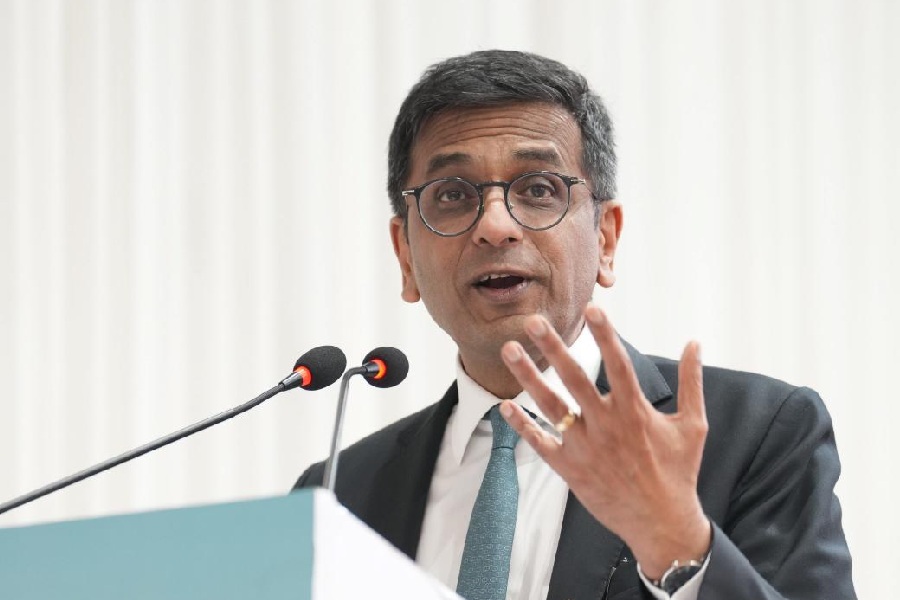The connotations of federalism must change with the times, its emphases must alter. This was the message in the inaugural lecture given by the Chief Justice of India, D.Y. Chandrachud, at the Loksatta Annual Lecture series in Mumbai University. He said that the unique nature of India’s polity ensures that the strength of the Union is counterbalanced by the power of the states. Federalism in India has a distinct character in which both mutual cooperation and collaboration are necessary on the one hand and a certain degree of contestation on the other. Central to this are common constitutional goals. So far federalism meant adjusting to the political realities of the country through legislative powers. From now on federalism should be evaluated according to its ability to foster democracy and the constitutional principles of liberty, equality, fraternity and dignity. This review is necessary because the realities of contemporary existence have changed. Climate change, data privacy, artificial intelligence and cybercrime cannot be contained within the terrain of federal units, so the older conception of Union and the states is no longer adequate.
Change is possible because the Constitution itself is a transformative document, not a static one. Unlike in some Western countries, where federalism is associated with discrimination by the states, in India the strong social force of equality in the Constitution finds expression in the states’ powers; it is considered positive. The CJI focused on the Constitution’s emphasis on human rights as the basis of Indian federalism. It would be a “litmus test” of Indian federalism when all parts of the polity acted with cooperation and synergy to address hitherto unprecedented problems. Climate change, for example, must be fought not just by the coastal states but the entire country, just as cybercrime may attack those states which have a greater bulk of virtual transactions. Obviously, fighting these problems together would mean a far more harmonious and forward-looking relationship between the Centre and the states than that which obtains now. This vision of federalism transcends petty politics. The fostering of constitutional ideals would mean combined responsibility and care for all population groups and all regions. But attention to the parts would be based on a larger vision of sharing, fraternity or cooperation. Federalism will not be legalistic; it is the federal sprit that must be established.











